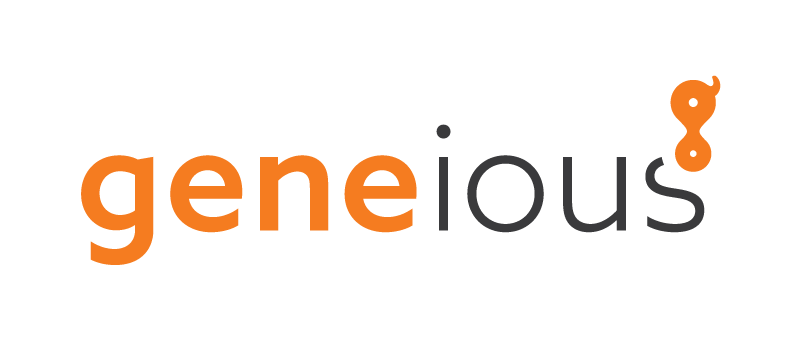Team:UCSC/Bioethics/iGem
From 2014.igem.org
Bioethics




Article by Matthew Waldron
As assisting ethicists to this scientific endeavor, with limited to no prior background in this particular field of study, we found ourselves in great need of information from our scientists. On the one hand, we were in immediate need of a basic yet formal understanding of the final goal and the series of tasks or procedure in which will be executed in order to achieve said goal. Secondly, perhaps even more importantly, we needed our scientists to inform us of their values, priorities and desires pertaining to their work. The secondary set of information we needed to acquire is of such importance, simply on the grounds that we find that the core duty of each and every assisting ethicist in this stage of the scientific process is to essentially help guide the inspirations of any of the scientific participants'. This effort would be more than likely fruitless without getting to understand the perspective of those we were working with. From this line of reasoning we then decided to hold an anonymous questionnaire for each member of the team, which was targeted at determining the core values that each participant had at stake, as well as the extent to which they cherished each of these values, which consequently helped illuminated a basic system of priorities. The utility gained from this experience led us to believe that even more could be had by holding a second questionnaire for any willing members of other teams who participated in the symposium held on our campus over this summer.
From these two separate Questionnaires we found that there was no need in aiming to merely inspire these scientists. Despite each and every response having a seriously unique quality or set of qualities to it, each shared the very noticeable and admirable sense of vigor and passion. The aim of this laudable level of passionate responses could be reduced to several general categories, including but not limited to; socio-political concerns, environmental issues, and expansion of knowledge and science. Many gave touching responses on how this category or field of work will one day play a major role in combating one of the most intense global phenomena in the recent history of man-kind. But amongst this and other varying responses, we found a common theme in the lacking of proximity to power over said issues at hand. One could interpretively derive from these responses that the general attitude of participants in this competition felt that their ethical duties had been fulfilled for this stage in the scientific process, in so far as they have picked a path that presented a reasonable and feasible option that presented no calculable harm. Every response presented above adequate awareness of what is ultimately at stake with synthetic biology, and cared very deeply about these issues. Yet despite this fact, the exact bridge from the current day to day research and development work on this project to these core values seemed generally abstract and unknown. From this experience we found that the utility of being an assisting ethicist, is not derived from calling to mind any issues, facts nor reasoning that would sway or halt the lab work being done, but is instead produced by asking the kinds of questions that help one devise or rather reveal to themselves a system of values and corresponding priorities. A system of values and priorities that strictly or mostly pertain to their work and the effects of their work on this project in such a way that helps motivate one to keep certain moral issues in mind whenever assessing risk to benefit ratios that may arise with new developments or findings. And above all, these guiding questions help both the habit of practicing science ethically in general, but also make it more appealing to all to both practice science and ethics by threading together our highest humane values and the way in which science helps accomplish these noble ends. "
"